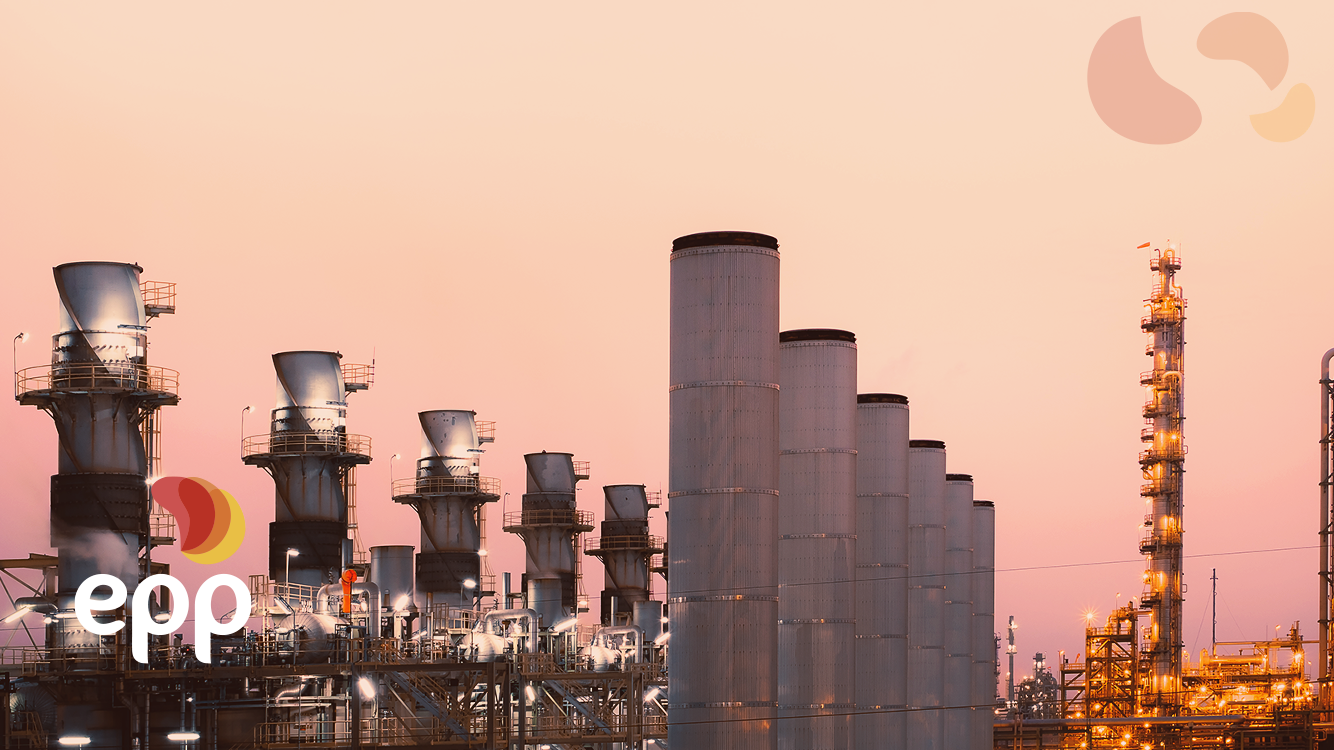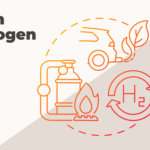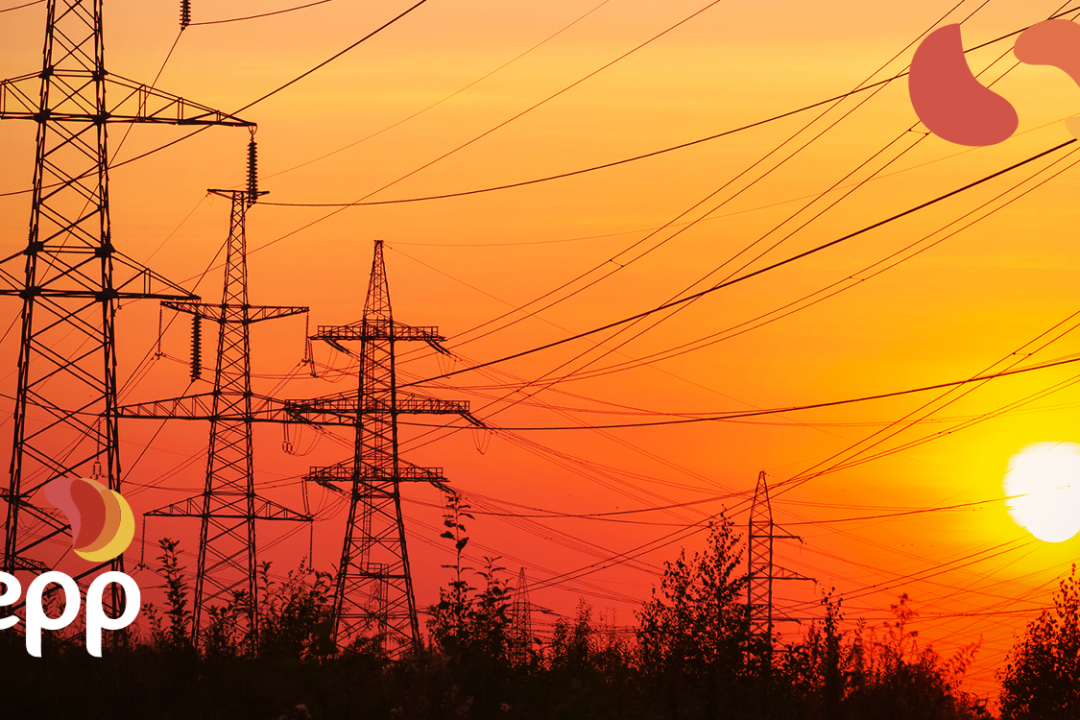The New Gas Law aims to increase competition and generate more competitiveness for the sector, stimulating new investments. Understand better!
Project of Law No. 14344 was enacted in April 2021 and is the legal framework of the new Gas Law. The law aims to increase competition in the natural gas market, attract new investors and, consequently, reduce production and production costs. the final price for the consumer.
The text deals with the exploitation of the economic activities of the flow, treatment, processing, underground storage, conditioning, liquefaction, regasification and commercialization of natural gas. Thus, such activities may be carried out by companies or consortia of organizations established under Brazilian laws, which will be regulated and supervised by the National Agency of Petroleum, Natural Gas and Biofuels (ANP).
Until then, Law 11.909 / 2009 was in force, which introduced the concession regime, but since then there has been no new pipeline built under this regime. This model was successful in the transmission of electric energy, but it was not enough in the transport of gas.
What are the main objectives of the law?
The new gas law encourages the entry of new natural gas suppliers and avoids the concentration of the market in the hands of a few companies. In other words, with competition from commercialization, both natural gas, cooking gas, fuel and electricity in the country will be impacted and costs will be reduced. It is worth mentioning that this also directly impacts the industry area – sectors of paper and cellulose, steel, aluminum and mining, which have gas in their production costs, representing 20% to 40%.
The legal framework is fundamental to elucidate technical issues and specific situations that were obscured by the current regulations. Thus, the new text regulates, mainly, the transport and storage actions and the tariff model for gas inflows and outflows.
In the transportation part, the change of the concession institute for authorization – the most used model in the world – is considered the greatest innovation of the text. For specialists and investors in the sector, there will now be more speed in the construction and operation of gas pipelines.
Warehousing activities, which are still little explored in the country, were included in the law. Now, it will be up to the ANP to define authorization rules and the exercise of activities, in addition to issues related to geological formations and third party access to underground storage. However, it is worth mentioning that, although the law guarantees a direct impact on the aforementioned activities, it is important that other legal instruments exist so that all the points mentioned in Resolution CNPE 16/2019 are covered.
The new gas law and the economic recovery
In relation to the commercialization of gas, the law focuses on competition and establishes that the distributors of piped gas, free consumers, producers, self-producers, importers, auto-importers and traders will be able to carry out the activity .
Thus, there will be no market concentration and the tendency is for competition to lead to lower prices. According to the Ministry of Economy, the value of the input for the productive sector can reduce by 50%.
In addition to the benefits indicated, the law also appears as a driving force for the economy in a post-pandemic scenario. With the consolidation of regulations, new investments will be attracted to the sector, generating development in the area, employment and growth for the country.
According to the estimates of the National Confederation of Industry (CNI), with the new law, investments may reach R $ 150 billion in 2030. The proposal should stimulate jobs and investments in the oil and gas sector, as well as other sectors, through the multiplier effect. After all, many sectors use gas as a raw material and input for burning and production.
With the standardization, there will be even more interest in ANP auctions. In this way, the federal government will collect royalties and much of this will go to states and municipalities. Thus, the market eagerly awaits the regulation of the standard, so that the projects leave the paper and start to be implemented.
If you liked this content and don’t want to miss any news from the energy and fuel sector, follow us on social media!






